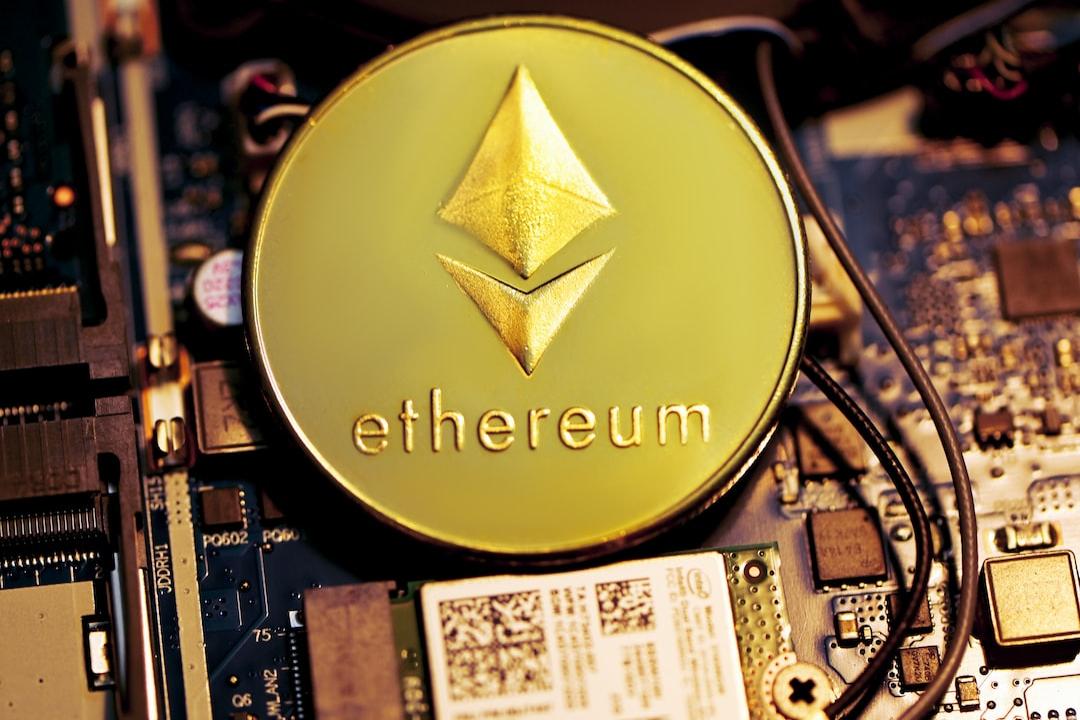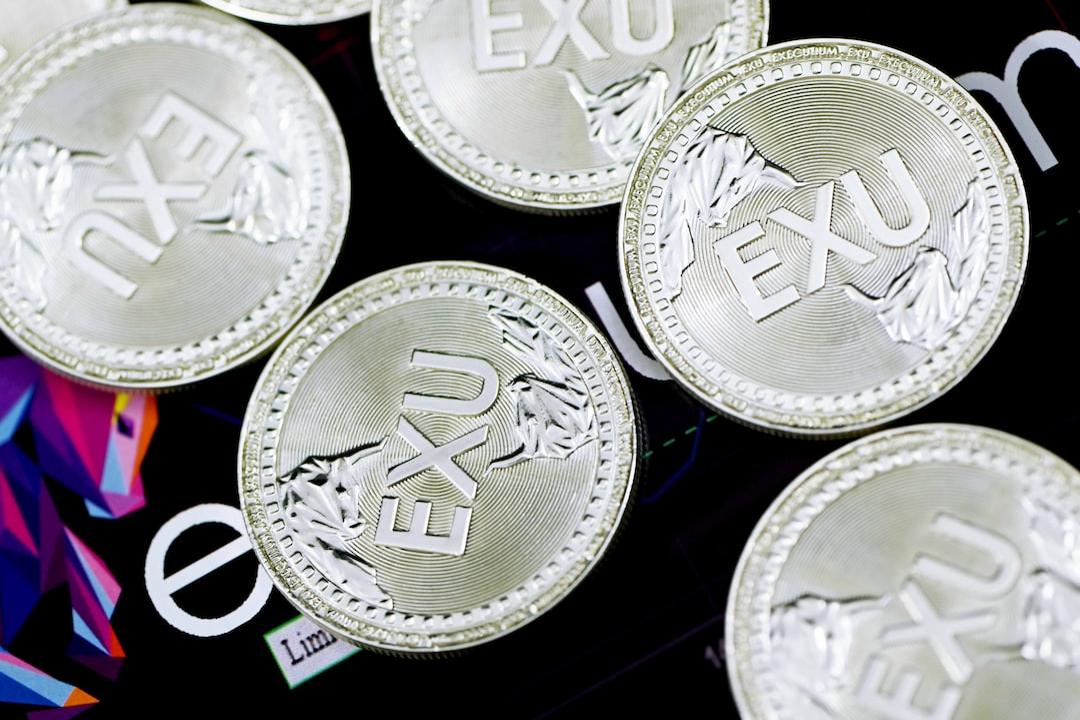
Ripple CoFounder Criticizes SEC Chair Gensler as Worst Public Servant
TLDR:
Chris Larsen, Ripple co-founder, called SEC Chair Gary Gensler “worst public servant of all time” in CNBC interview
SEC’s lawsuit against Ripple dates back to 2020, targeting Larsen and CEO Brad Garlinghouse
July 2023 ruling: Ripple’s institutional sales violated securities laws, but retail exchange sales were compliant
SEC filed appeal in October 2023, continuing pursuit of Ripple executives
Despite Gensler’s blockchain background at MIT, he has taken aggressive stance on crypto regulation
Ripple co-founder Chris Larsen has labeled Securities and Exchange Commission (SEC) Chair Gary Gensler as “the worst public servant of all time” in a recent CNBC interview. The strong statement comes amid an ongoing legal battle between the SEC and Ripple that has stretched over multiple years.
The dispute began in late 2020 when the SEC filed a lawsuit against Ripple Labs, naming both Larsen and CEO Brad Garlinghouse as defendants. The agency claimed the executives aided and abetted Ripple’s alleged violations of securities laws through the sale of XRP tokens.
In July 2023, a court ruling provided a mixed outcome for both parties. The judge determined that while Ripple’s sales of XRP to institutional buyers did violate securities laws, the company’s programmatic sales to retail exchanges were deemed compliant. This partial victory for Ripple did not end the legal proceedings.
The SEC moved forward with an appeal in October 2023, filing a Form C to continue its pursuit of the Ripple executives. In response, Ripple filed a cross-appeal, with company leaders stating they would “leave nothing on the table” in their defense.
Garlinghouse has claimed that the SEC’s actions were personally motivated, stating that the agency wanted to “personally ruin” him and Larsen. This sentiment reflects the increasingly tense relationship between the regulatory body and the cryptocurrency company.
The criticism of Gensler is particularly noteworthy given his background in blockchain technology. Before his role at the SEC, Gensler taught blockchain courses at the Massachusetts Institute of Technology (MIT), leading many in the crypto industry to initially view his appointment with optimism.
However, Gensler’s tenure as SEC Chair has been marked by strict regulatory enforcement actions against various cryptocurrency companies. Beyond Ripple, the agency has pursued cases against other major players in the crypto space, including Binance and Coinbase.
XRP, Ripple’s cryptocurrency,
has maintained a market capitalization of $29.2 billion despite the ongoing legal challenges. The token’s trading activity continues as the legal proceedings unfold.
In the CNBC interview, Larsen also discussed his distrust of Federal Trade Commission’s Lina Khan, though he did not explicitly state whether he supported removing Gensler from his position.
The relationship between Ripple executives and the SEC has grown increasingly contentious. Garlinghouse has publicly criticized Gensler for what he sees as hindering cryptocurrency progress in the United States. He has also faulted the agency for failing to prevent the collapse of crypto exchange FTX.
Recent developments show no signs of the tension easing. The SEC’s Form C filing indicates its intent to continue pursuing legal action against the Ripple executives, while Ripple’s cross-appeal suggests a prolonged legal battle ahead.
During the interview, Larsen connected his criticism to what he described as failed crypto policy in the country. He also mentioned his decision to support Kamala Harris’s campaign, though the context of this support was not fully detailed.
The case has drawn attention throughout the cryptocurrency industry, as its outcome could influence how digital assets are regulated in the United States. The SEC’s regulatory approach under Gensler has focused on enforcement actions against crypto companies.
Some industry observers note that Gensler’s stance represents a departure from what many expected given his academic background in blockchain technology. His aggressive regulatory approach has surprised those who anticipated a more nuanced understanding of cryptocurrency innovation.
The most recent filing shows both parties are preparing for the next phase of their legal confrontation. The SEC continues to maintain its position regarding securities law violations, while Ripple and its executives defend their operations and token sales.
![]()
Advertise Here













